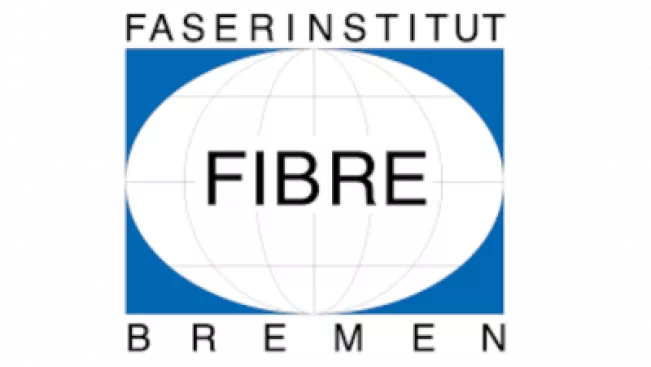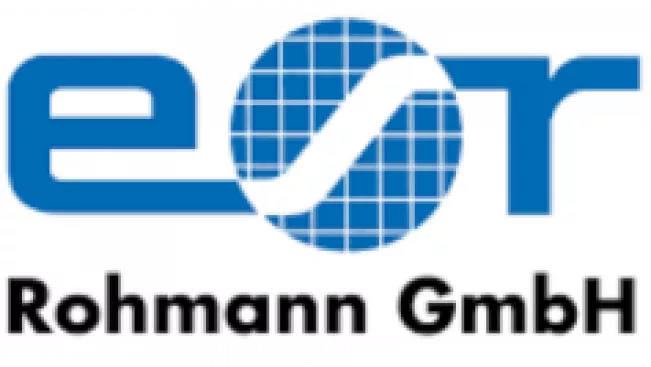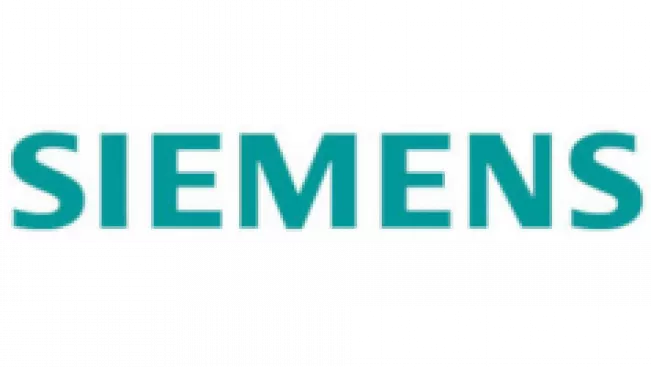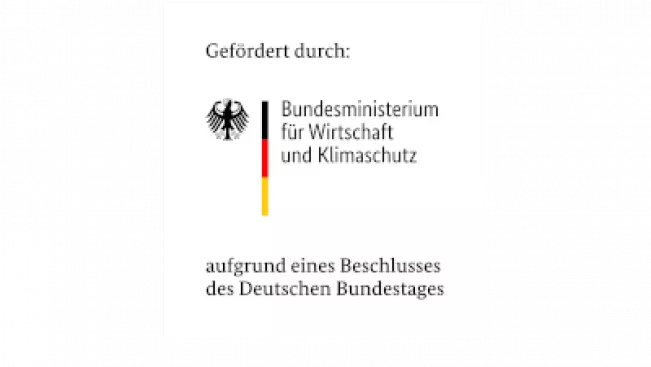NeLiPro – Next Level Lightweight Production
Research project at a glance

Funding type
Period
01.04.2021 to 30.09.2024
Project Description

The aim of the project is the development of high-quality, lightweight structural components for the mobility sector, and the respective manufacturing technologies. To achieve this goal, a modular system for hybrid fiber composite lightweight components in the commercial vehicle sector is further developed and transferred to the rail vehicle sector. The lightweight components allow a significant weight reduction compared to the reference structures. Additionally, new manufacturing technologies are employed that require significantly lower energy input. As a result, a considerable amount of CO2 is saved both during production and throughout the service life phase.
To expedite the transfer of the novel structural components to series production, it is necessary to develop and validate suitable quality assurance measures. In this regard, measurement and testing systems suitable for series production are developed for the individual process steps and integrated in a pilot plant. Furthermore, the data of all relevant production facilities and test systems will be interconnected enabling a reliable production process of a modular system, with a wide range of variants. Moreover, the CO2 efficiency is analyzed and optimized and the recycling possibilities are studied.
The NeLiPro project is divided into four main work packages. IZNE is mainly responsible for the fourth work package, which comprises the ecological assessment of the different processes and products. This is carried out using the standardized method of life cycle assessment. A special feature of the project is that the potential consumption of resources and environmental impacts are identified at an earlier stage, during the development phase of the new products and in the establishment of the value chain. For this purpose, among other things, the processes used so far for the production of the reference structure are scientifically investigated and compared to new possible manufacturing processes of the lightweight components. In addition, environmentally compatible end-of-life scenarios for the products, such as recycling, will be evaluated and modeled. The assesment of the model will include the quantification of uncertainties and the sensitivity analysis of the most relevant parameters for the estimation of green house gas emissions. Finally, based on the previous results, a strategy development for CO2 compensation along the new defined process chain is carried out to achieve both sustainable optimization as well as development of products and systems.
Cooperation partners







Sponsors




